In this exclusive interview, ARC2020 President Hannes Lorenzen and Olivier De Schutter discuss CAP, policy coherence, innovations changing the agri-food system – and why we need a common food policy.
Hannes Lorenzen: You are professor at the University of Louvain teaching international law and you have been UN Special rapporteur on the right to food. You are now co-chairing the International Panel of Experts on Sustainable Food Systems (IPES-Food) which brings together scientists, stakeholders and policy maker for a new EU food policy. What are your key arguments that we should look for an alternative to the CAP which now exists almost 60 years?
Olivier De Schutter: There are three key reasons why a Common Food Policy is urgently needed. Firstly, a whole range of policies currently affect European food systems, but are not designed with the goal of delivering healthy and sustainable food systems for all. What we do have are various sectoral policies which are insufficiently aligned with each other.
For example, the EU currently has a Common Agricultural Policy (CAP) aimed primarily at supporting stable prices for producers and thus a steady and predictable supply of food, as well as rural development.
The CAP has been regularly reformed over the last 25 years but the basic approach has remained unchanged. The EU also has an environmental policy, consumer protection and public health policies, and it has pledged to ensure “policy coherence for development” — in other words, that policies affecting developing countries shall support, and not obstruct, development efforts. But these policies do not fit together, and are not delivering – individually or collectively. For example, smaller farms in Europe are disappearing rapidly, accelerating the depopulation of rural areas.
Secondly, as we speak food systems are being reshaped by fast-moving innovations, from sustainable public procurement practices to the emergence of citizen-led initiatives to reconnect local producers to urban consumers. However, EU-level policies are poorly equipped to learn from these experiments, let alone to support the most promising ones.
Thirdly, the policies currently determining the food systems we have are the combined result of various influences exercised on policymakers — influences exercised by those who can reach them and have the resources to invest in shaping policy processes. The prevailing policies also reflect the need to respond to various crises — for instance, the BSE (« mad cow ») crisis of 1996 or the crisis facing the milk sector in recent years. This makes for short-term, reactive approaches rather than building a true food policy that is proactive, transparent, accountable and centered on tackling long-term challenges.
Hannes Lorenzen: After Brexit and with new challenges of a weakened EU there will be less resources and possibly less engagement for a new food policy which demands even more integration of policies and sectors like farming, environment, health, climate change and many more. What do you recommend to scientists, politicians and stakeholders who look for such move to do in order to make this process happen?
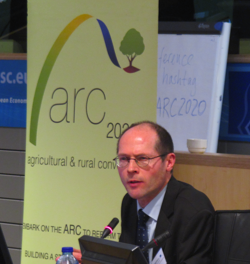
Olivier De Schutter: The point of a ‘Common Food Policy’ is to align policies – existing and new, at EU level and beyond – with the same ultimate objective of delivering sustainable food systems. This does not mean reinventing the wheel, incurring new costs, or appropriating new powers to the EU level. What we refer to as a ‘Common Food Policy’ would of course entail reforms of some EU-level legislation to set a new direction of travel.
However, these measures would need to complemented by and integrated with a range of steps at national and local level. For example, it is national governments that have the power to establish supportive fiscal regimes for a transition to sustainability. And it is often local authorities who are best-placed to improve access to healthy diets, through city planning, zoning rules and public procurement practices. At present, food systems are subject to imperatives at these different levels that potentially conflict and counter-act each other. A ‘Common Food Policy’ would allow all such initiatives, measures and policies to be brought together under one roof, and made to work together in the service of the same goals. It is therefore an ambitious process, but one based on building around what is already working, and finding greater synergies among the policy tools we have. This type of alignment will likely reduce the total costs of all the policies and measures currently required to support our food systems and to clean up their fallout. Some of these costs, for example the costs of rising obesity, are less visible than others.
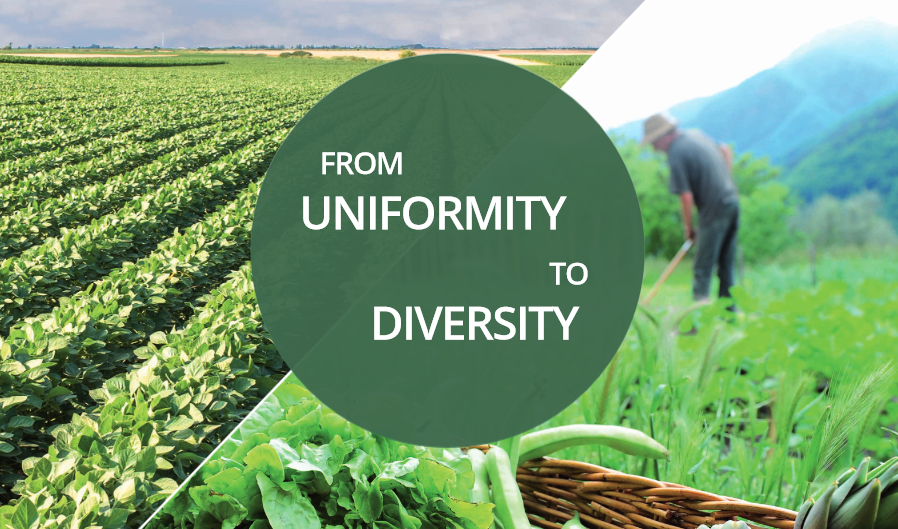
Hannes Lorenzen: What kind of positive story telling and narrative do you suggest to encourage such a process from the citizens perspective and what is needed as citizens engagement to make the paradigm change happen which you envisage?
Olivier De Schutter: In general, people care about the food they eat – perhaps more than they realize. European citizens care about their own health, and are generally concerned by the rising epidemic of obesity and associated non-communicable diseases – type 2 diabetes, heart diseases or cancers associated with unhealthy diets. They also care about maintaining the countryside and the local economy, which in many parts of Europe is highly dependent on the agri-food industry. In addition, many people are involved in local initiatives to buy food directly from a farmer, to improve school food, or to support sustainable development (e.g. by sourcing Fair Trade products for their organizations, workplaces etc). These people have a shared interest and a key stake in the EU policies that shape food systems – not least the CAP. The citizen engagement with sustainable food systems is already there. The challenge is to unify these dispersed groups and to make their voices heard in debates which are currently framed around agriculture – and are focused on EU policy making, from which many people feel disconnected.
By widening the lens from agriculture to food systems, and by building from local initiatives upward, we aim to tap into and strengthen citizen engagement around reforming food and farming systems. Supporting the emergence of a unified sustainable food movement in Europe is both a means to building a Common Food Policy vision, and an end in itself.

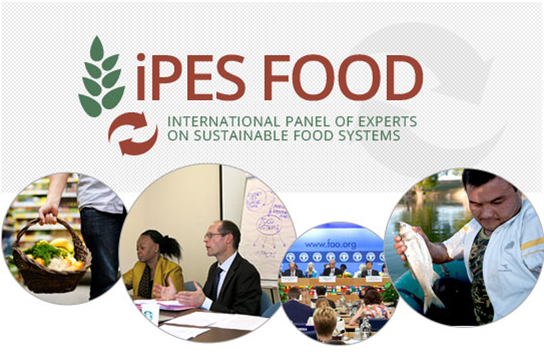


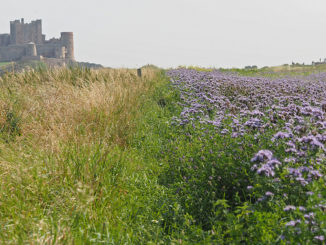
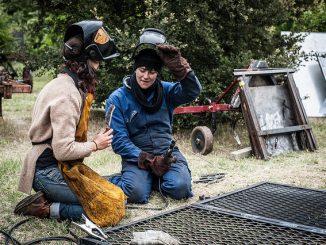
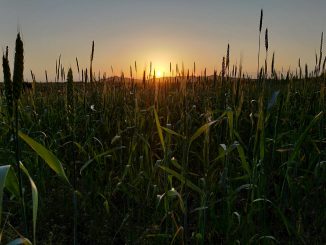
1 Trackback / Pingback
Comments are closed.